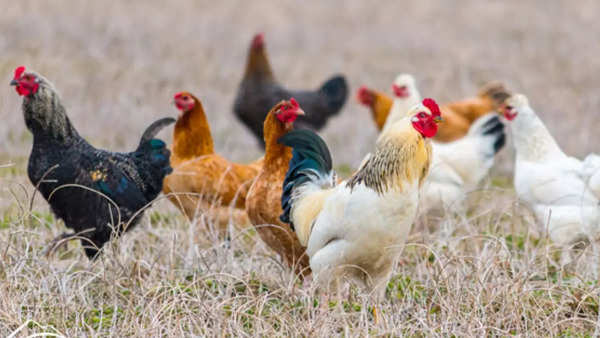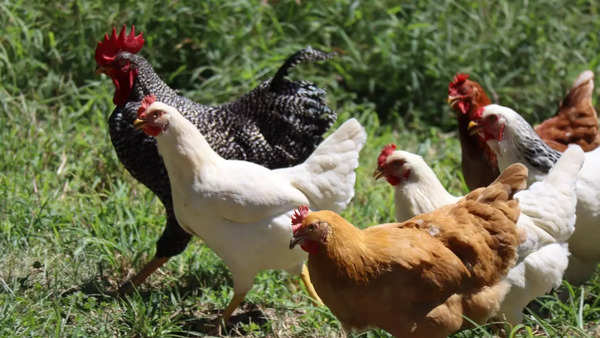According to a November 20 release from the Whatcom County Health and Community Services, a Whatcom County flock has tested positive for highly pathogenic avian influenza, or bird flu.
The flock contains about 20 birds, including chickens, turkeys and ducks. The U.S. Department of Agriculture will euthanize the remaining birds to prevent the spread of disease, according to a Whatcom County health department news release. Public health officials have contacted people who interacted with the infected birds to monitor for the development of symptoms.
There are now 53 confirmed human cases of H5N1 as of Nov. 20, with 11 in Washington. A teenager infected in British Columbia is in critical condition. The Whatcom County health department said there is no evidence of person-to-person spread, and no confirmed cases in the county.
The risk of bird flu transmission to humans is possible but remains low among the general public, according to the statement. The risk is higher to those who have direct contact with infected animals. The Whatcom County Health and Community Services said the risk of bird flu transmission remains low for the public, but people who have close contact with infected animals may be at higher risk.

People who have repeated contact with a birds, such as hobbyists, agriculture workers and hunters are encouraged to wear protective equipment and to get vaccinated against the seasonal flu. People with backyard birds are encouraged to reduce the birds’ exposure to wild animals.
People with flocks or herds should be aware of the signs of avian influenza in their flocks and report sick or dead domestic birds to the Washington State Department of Agriculture’s Avian Health Program at 1-800-606-3056, the health department said in the news release.
There is currently no widely available vaccine for the bird flu. However, getting a seasonal flu vaccine each year can reduce the risk of co-infection, according to the release.
For people who were exposed to avian influenza or have symptoms, the health department recommends contacting your health care provider and telling them of any contact with live or dead birds or animals.
While the seasonal flu and bird flu are caused by ‘different subtypes of influenza viruses’, the health department recommends people get their seasonal flu vaccine to defend themselves against seasonal flu and reduce the risk of ‘co-infection’ with bird flu.
The Whatcom county has monitored the spread of the bird flu since it was first detected in Washington in 2022. Currently, there are no confirmed cases of bird flu HS5NI in humans in Whatcom County. However, there have been positive tests for the virus in humans within Washington state and British Columbia.
People should avoid unprotected contact with sick or dead animals or their environment, surfaces contaminated with feces, nasal secretions, saliva or raw milk from potentially infected animals.
What is bird flu?
Bird flu, also known as avian influenza, is a viral infection that primarily affects birds, but can also infect humans:
How it spreads: Bird flu spreads between birds through contact with saliva, nasal secretions, and feces from infected birds. It can also spread to humans through direct contact with infected birds or contaminated environments.
Symptoms: Symptoms in humans can range from mild to severe, and include fever, cough, sore throat, runny or stuffy nose, muscle or body aches, headaches, fatigue, and shortness of breath.

How common it is: Bird flu infections in humans are rare, with fewer than 1,000 known cases worldwide since 1997. There have only been two cases in the U.S.
How it can be prevented: Avoid close contact with infected or suspected birds and animals, specially their droppings, saliva and other secretions. Avoid consuming raw / uncooked / partially cooked poultry products such as chickens and eggs. Cooking (half an hour & 700C) kills the bird flu virus. It makes food safe.
How it’s treated: There are treatments and antiviral medications for bird flu in humans.


